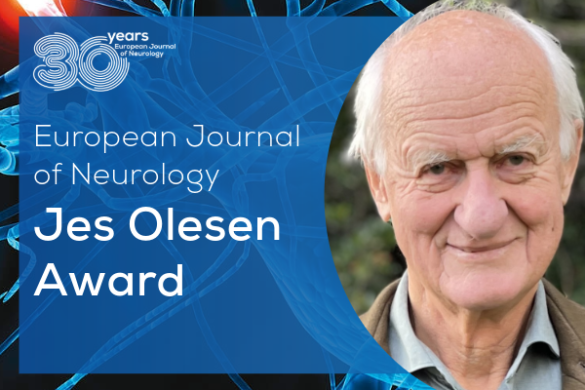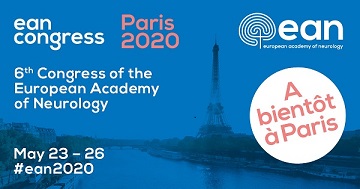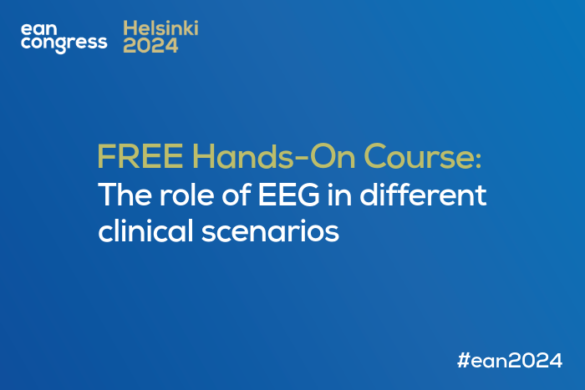By Isabella Colonna
This symposium, chaired by Prof. Giovanni Frisoni, illustrated the EAN’s Brain Health Strategy and the ongoing programmes for secondary prevention in the field of cognitive impairment and dementia.
In the first lecture Prof. Miia Kivipelto from Sweden talked about the Finnish Geriatric Intervention Study to Prevent Cognitive Impairment and Disability (FINGERS) and its implementation in the context of availability of monoclonal antibodies. It has been shown that 40% of dementia cases may be prevented and, in this context, different modifiable risk factors have been identified. In line with these findings, the FINGER study showed that a multidomain intervention, including diet, exercise, cognitive training, social activities and vascular risk monitoring, was associated with cognitive benefits as well as lower risk for cardiovascular events, for functional decline and for development of chronic diseases. Moreover, it reduced healthcare costs and improved quality of life. Kivipelto also introduced the evolution of the FINGER trial: the FINGER 2.0, which consists of the combination of treatment with metformin, when appropriate, and multidomain lifestyle intervention; this study may represent a model of precision prevention and be relevant in the investigation of anti-amyloid treatment eligibility. Finally, she stressed that global strategies, public engagement and international collaborations are needed to reduce the risk of cognitive impairment and dementia in society.
The second lecture was held by Prof. Giovanni Frisoni from Switzerland and was focused on multi-domain interventions in brain health services. During his talk, Frisoni introduced an innovative strategy for secondary prevention of dementia and of cognitive impairment, which is feasible and could be implemented in healthcare systems. This ‘patient journey’ starts from risk assessment, which should consider vascular factors (such as hypertension, obesity, smoking, diabetes) as well as non-vascular risk factors (such as hearing loss, less education, traumatic brain injury) and is followed by communication of the risk profile, by personalised prevention and cognitive enhancement. the lecturer also presented the Swiss Geriatric Intervention Study to Prevent Cognitive Impairment (SWINGER), which is a risk reduction intervention for cognitive impairment due to degenerative pathways.
In the last lecture, Prof. Svletana Tomic talked about the pharmacological interventions in secondary prevention of cognitive impairment. She presented the results of different studies which have investigated the impact of drugs such as antihypertensives, antidiabetic therapies, statins and hormones on cognitive impairment and dementia. While the initiation of therapy with statins was associated with reduced risk for incident dementia, the other treatments considered were associated with minimal or no impact on dementia risk. In the last part of the lecture Prof. Tomic presented the updated data on the development of disease-modifying drugs for Alzheimer’s disease.
This outstanding session underscored the importance of preventive measures in the field of cognitive impairment and dementia. The lectures and the lively discussion brought to light the fascinating developments as well as the need for further research in this field.

















